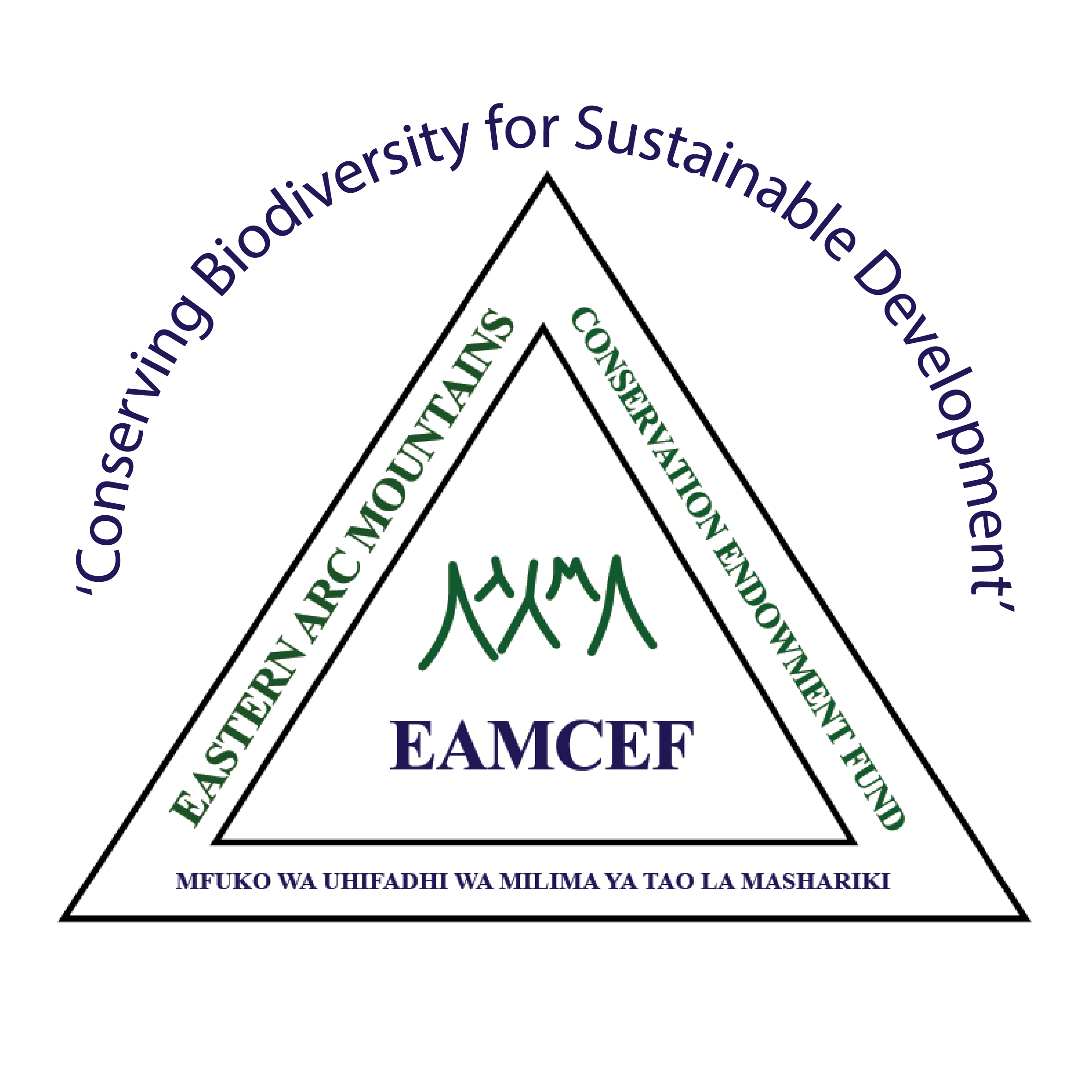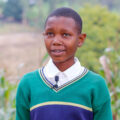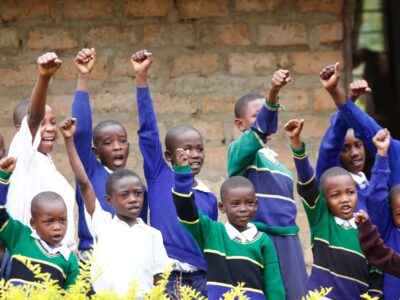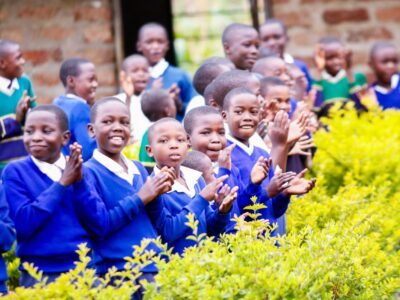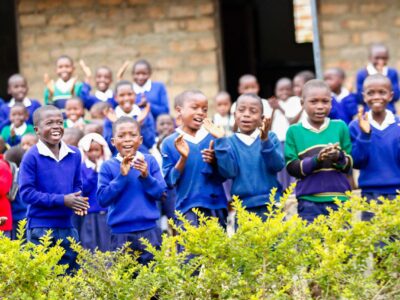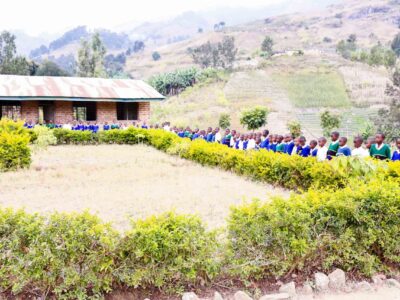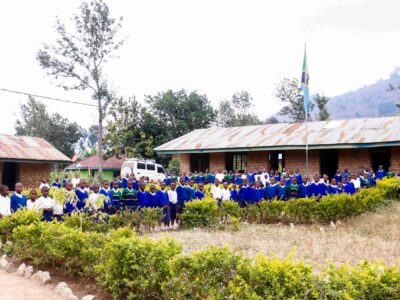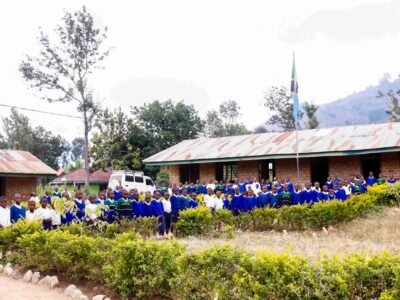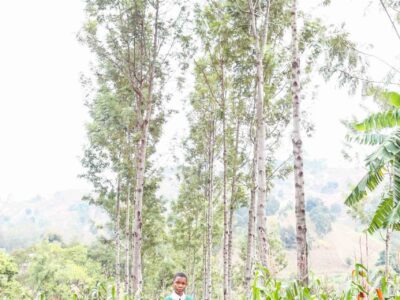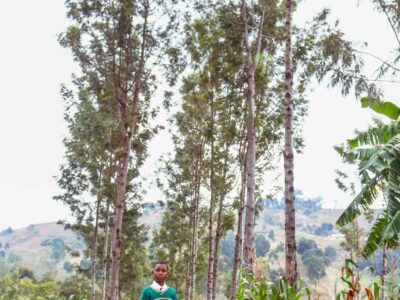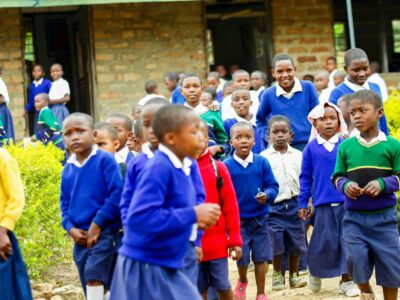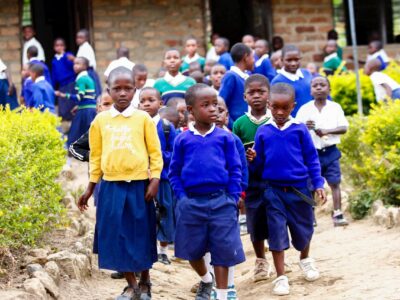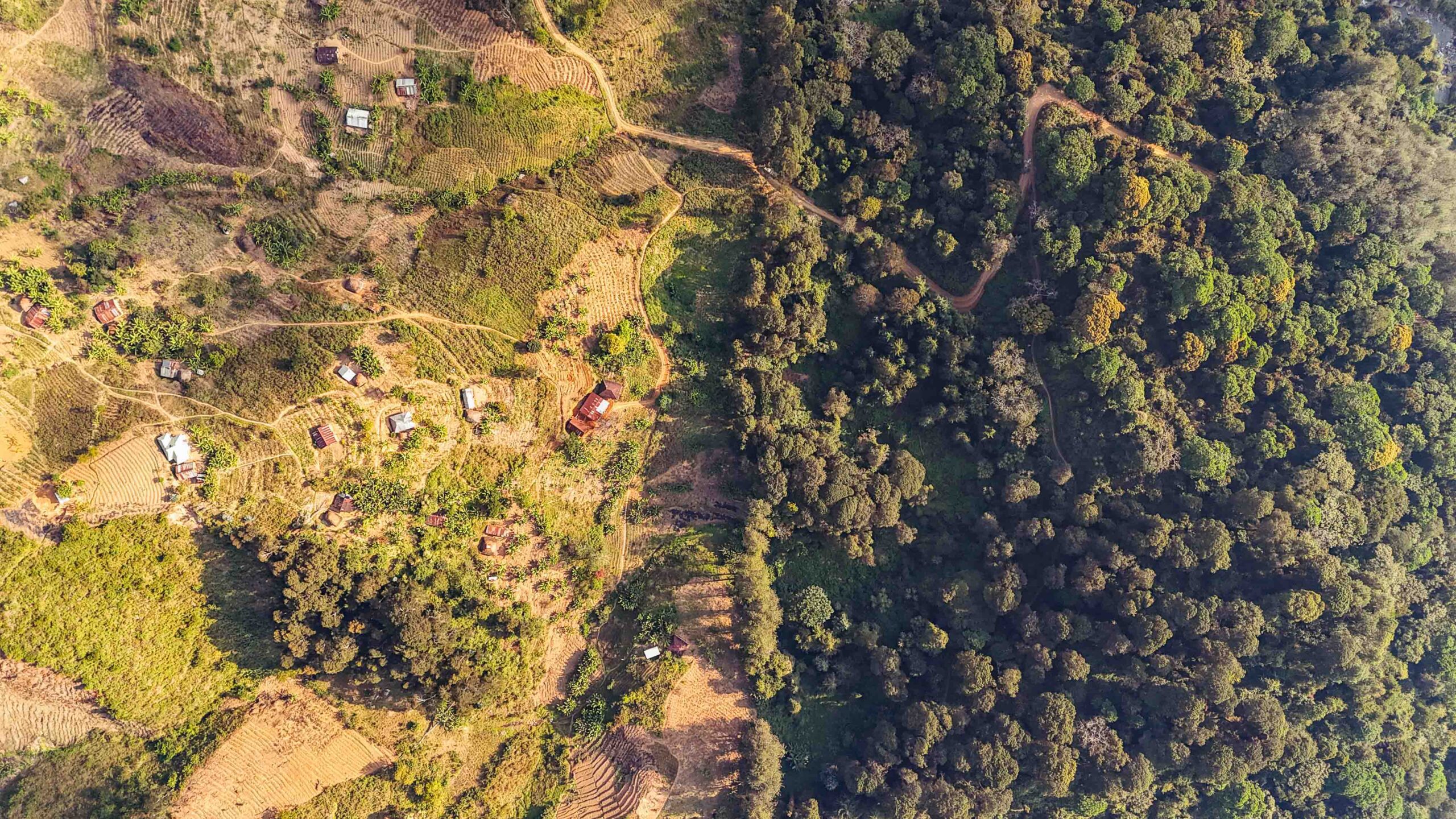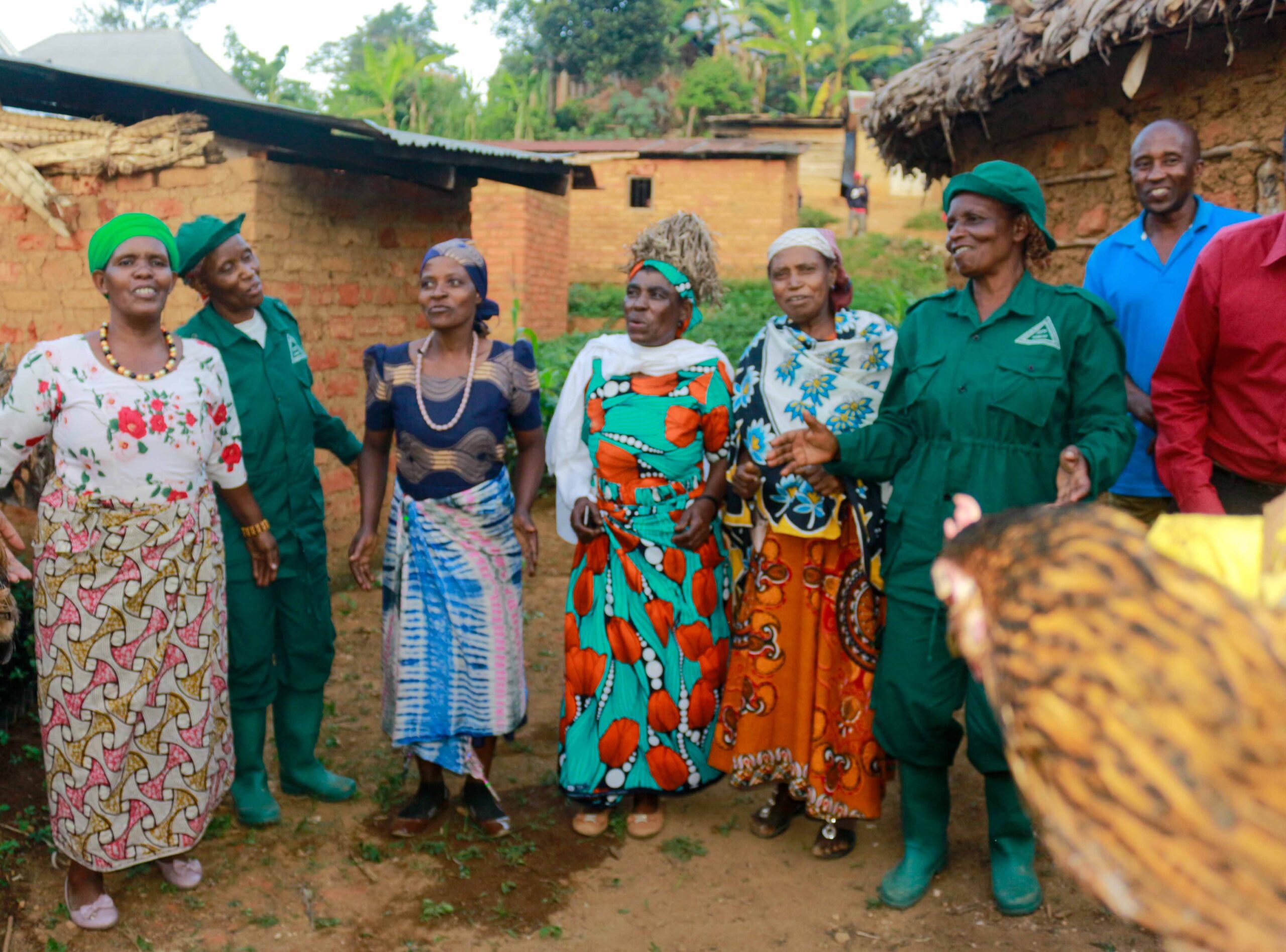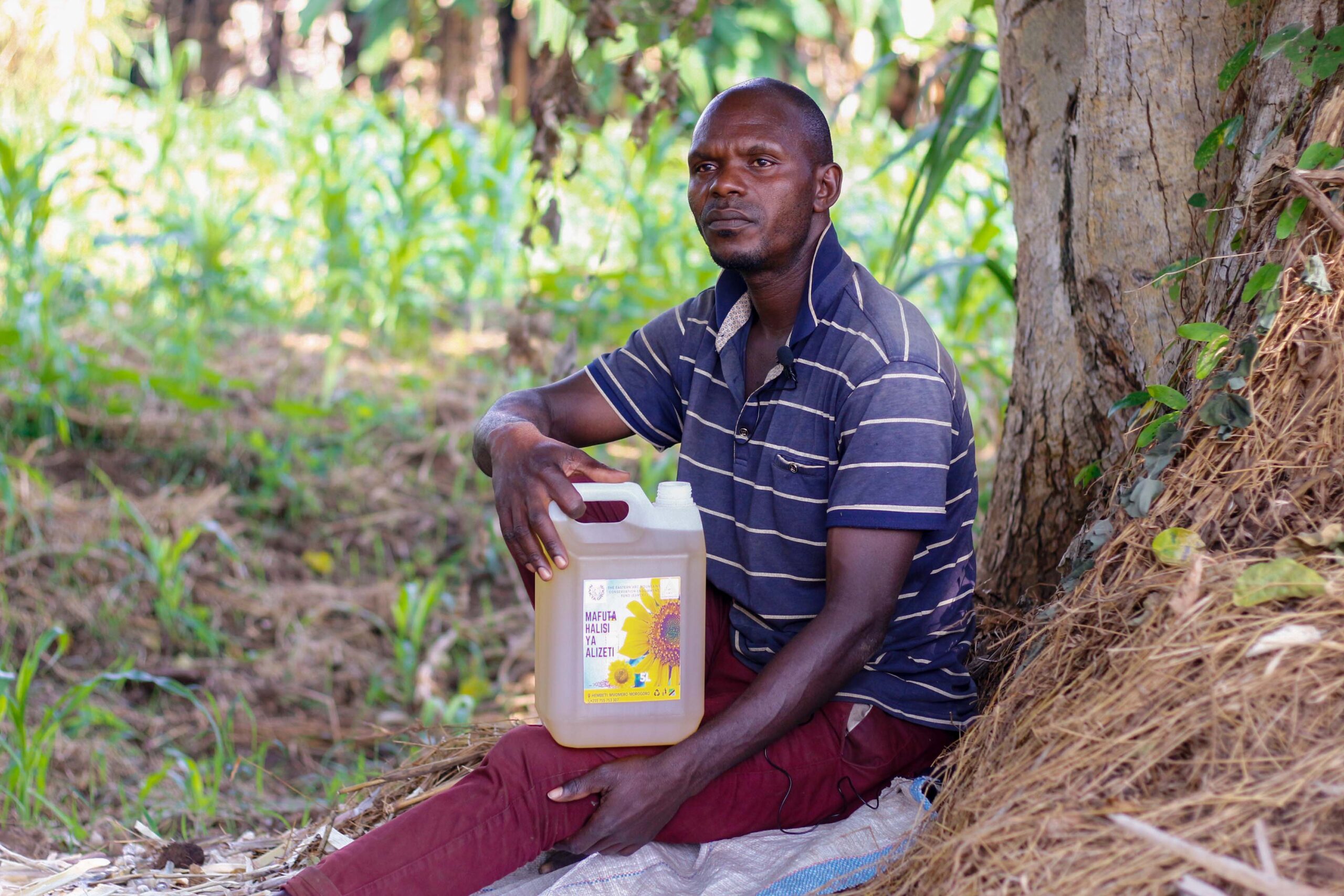Ecotourism infrastructure in the Eastern Arc Mountains has been significantly improved thanks to the efforts…
Tree-planting project initiatives have the power to transform entire communities, and Pinde School stands as a shining example of this impact. In 2014, the school embarked on a tree-planting project funded by the Eastern Arc Mountains Conservation Endowment Fund (EAMCEF) to restore its depleted land and enrich its environment. The leaves from the planted trees decompose naturally, rejuvenating the soil with vital nutrients. This green initiative was designed to improve food security and restore fertility to land that had previously failed to support adequate harvests.
Just a few years into the tree-planting project, the results were visible and impressive. The school’s once-barren fields turned fertile, and maize production soared from just two sacks to approximately 20 sacks per season. This significant increase in yield has greatly benefited the students and teachers, allowing the school to become self-reliant in food production.
Parents, who previously contributed maize for school meals, have also reaped the benefits. With better harvests, they are no longer burdened with sourcing food from faraway places, significantly cutting their expenses. The tree-planting project has thus eased the financial pressure on families and strengthened the bond between the school and its surrounding community.
Beyond food, the project addressed the school’s firewood challenges. Before, firewood was sourced unsustainably from the nearby Uluguru Mountain Reserve, threatening local biodiversity. Today, careful pruning of the school’s own trees provides enough firewood for cooking, while also supplying material to fire bricks used in building the local health center. This shows how the tree-planting project supports both environmental conservation and infrastructure development.
The success at Pinde School is a clear demonstration of how environmental restoration projects can bring tangible, positive change. Thanks to EAMCEF and its partners, this once-depleted land now thrives—supporting learning, health, and community pride.
